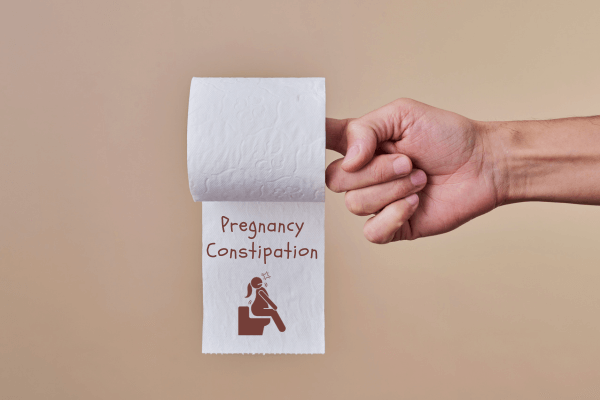Balancing the demands of pregnancy and work can be challenging on its own, but when you add pregnancy discomforts and complications, overfull calendars, unrealistic deadlines, and workplace discriminations or bias into the mix, it can create overwhelming stress! On top of all that, there’s the added pressure to always appear in control and never be seen as ’emotional,’ ‘weak,’ or in need of assistance. It’s no wonder many pregnant women find it difficult to share their experiences or ask for help and are left feeling increasingly isolated. No wonder, balancing work and pregnancy feels like such a tightrope walk to so many women.
In this article, we’ll explore some effective techniques for managing stress during pregnancy, providing guidance to help expecting working mothers maintain a healthy balance.
Foster Open Communication during pregnancy
Understand your rights as a pregnant employee
Delegate and Collaborate
Maintain a Healthy Pregnancy Diet
Create Boundaries & Flexibility
Seek Pregnancy and New Mother Support Systems
Plan the logistics from pregnancy to postnatal
Prioritize Self-care
Include gentle Physical Activity
Exercise is a proven stress reliever and a crucial part of prenatal care. Engaging in gentle pregnancy exercises such as prenatal yoga, swimming, or walking can improve your mood, boost your energy levels, and enhance your sleep. However, always consult your healthcare provider before starting any new exercise regimen during pregnancy.
Let Small Things Go
Attend a Pregnancy Support Group
Leverage Virtual Support
How can Veira Life help you?
- Providing you with research backed and reliable information and resources to answer all your questions and address any concerns
- Equipping you with effective tools and strategies to handle stress
- Assisting you in identifying your stress triggers and creating a plan to control them
- Providing a steady flow of support and encouragement
FAQs
To manage work-related stress during pregnancy: prioritize tasks, practice self-care, communicate openly with your employer, seek support, and consider professional counseling if needed.
Yes, stress at work can potentially affect pregnancy. Chronic stress may lead to physical and emotional health issues that could impact the development of the baby.
Pregnant women can work 40 hours a week if conditions are safe. Excessive hours and stress can be harmful to their health and their baby’s.
A pregnant woman can work until the start of labor, but it’s a personal choice. Some stop a few weeks before the due date, while others work even during early labor.
Working excessively can impact pregnancy due to increased stress levels. It’s crucial to manage workload, prioritize self-care, and seek support to ensure a healthy pregnancy.
In a desk job, the best working position for a pregnant woman is sitting ergonomically at the workstation with adjusted chair height, relaxed shoulders, and lumbar support.







